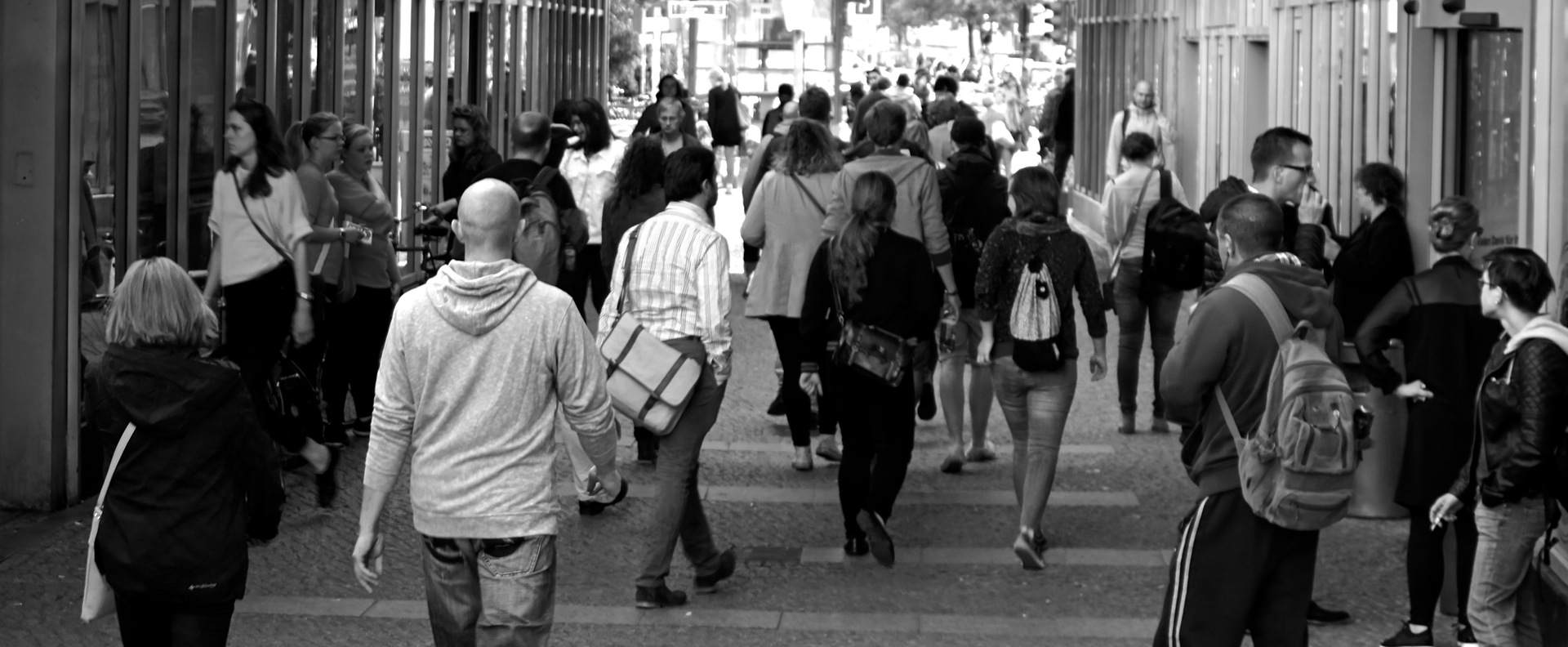
The 3rd Barcelona-Gothenburg-Bergen Workshop on Experimental Political Science
CALL FOR PAPERS
The workshop is an event conceived to bring together researchers who use experimental methodology to address political phenomena. Empirical works from any subfield of the discipline are welcome. We also welcome methodological contributions, and works that explore the relationship between experimental and observational data. We encourage both advanced papers and presentations of experimental designs at an early stage. Both senior and junior scholars are encouraged to participate. This is the third edition of the workshop. Last year it gathered a diverse set of scholars from several countries with high quality contributions. The previous years full program and papers can be found here.
We invite those interested in participating in the workshop to submit paper proposals (including name, affiliation and position of author/s and an abstract) before the 31st January 2017 through this form or to this email: polexp@ub.edu The paper selection will be notified by 28th February 2017.







